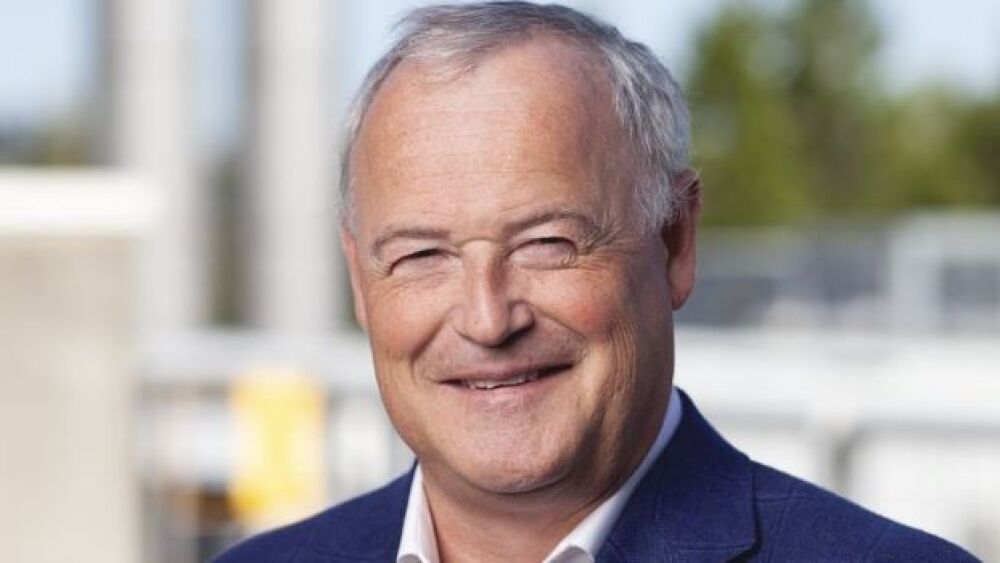Athira Pharma announced Tuesday it will study the stand-alone effects of its Alzheimer’s candidate fosgonimeton (ATH-1017). The drug failed to meet the endpoint in a Phase II study earlier this year.
Athira CEO Mark Litton/Courtesy of Athira Pharma
Athira Pharma announced Tuesday it will study the stand-alone effects of its Alzheimer’s candidate fosgonimeton (ATH-1017), which failed to meet the primary endpoint in a Phase II clinical trial earlier this year.
The failed trial, ACT-AD, was exploring the use of fosgonimeton with standard-of-care acetylcholinesterase inhibitors (AChEls).
The Seattle-based company said it would amend its ongoing LIFT-AD clinical trial to investigate the effects of the small molecule drug candidate as a monotherapy compared to placebo. The overall design of the trial remains unchanged.
The endpoint for the current study is the Global Statistical, an algorithm combining cognition and function scores.
Company spokeswoman Julie Rathbun told Biospace that the subgroup data are the first to show potential cognitive and functional improvements in Alzheimer’s disease patients by positive modulation of the HGF/MET system by fosgoniemton.
“This supports our conviction that we have a unique opportunity to make a positive difference for patients suffering from neurodegenerative diseases, such as AD,” Rathbun said.
Fosgonimeton is designed to enhance the activity of hepatocyte growth factor (HGF) and its receptor, aiming to slow neurodegeneration and regenerate brain tissue in patients with mild-to-moderate Alzheimer’s disease (AD). HGF and its receptor promote brain health and function.
The ACT-AD trial failed to meet the primary endpoint of demonstrating differences in the biomarker ERP P300 latency, Athira revealed in June. ERP P300 latency is the functional measure of working memory processing speed.
Despite falling short of this endpoint, fosgonimeton showed promise in a subgroup of patients who received the drug alone, the company reported. The study also showed fosgonimeton was generally well-tolerated and had a favorable safety profile. An independent, unblinded interim analysis is planned.
Dr. Hans Moebius, chief medical officer at Athira, said the decision was guided by “a blinded analysis of the ongoing LIFT-AD study.”
The failed trial added to the recent tumult at the Athira. The company’s founder and then-chief executive Leen Kawas was ousted in October 2021. This followed after she was found to have altered images in research papers, including her doctoral dissertation.
In April, major Athira investor Richard “Ric” Kayne launched a failed proxy battle to unseat CEO Mark Litton and gain a seat for himself and an ally on the board of directors. The company ultimately beat back the billionaire’s attempts to alter the board’s makeup and unseat Litton, who remains CEO.
“We believe that fosgonimeton has the potential to be a novel therapeutic option for the millions of patients with mild-to-moderate Alzheimer’s disease, and the ACT-AD results support our enthusiasm for its continued development,” Litton said in a statement. He added that Athira is “encouraged by the biologic activity and safety profile shown in ACT-AD” and looks forward to an interim analysis expected this Fall.





